BA Single Honours Professional Policing
Undergraduate
- Start date
- –
- Study mode
- –
- Course length
- –
- UCAS Code
- –
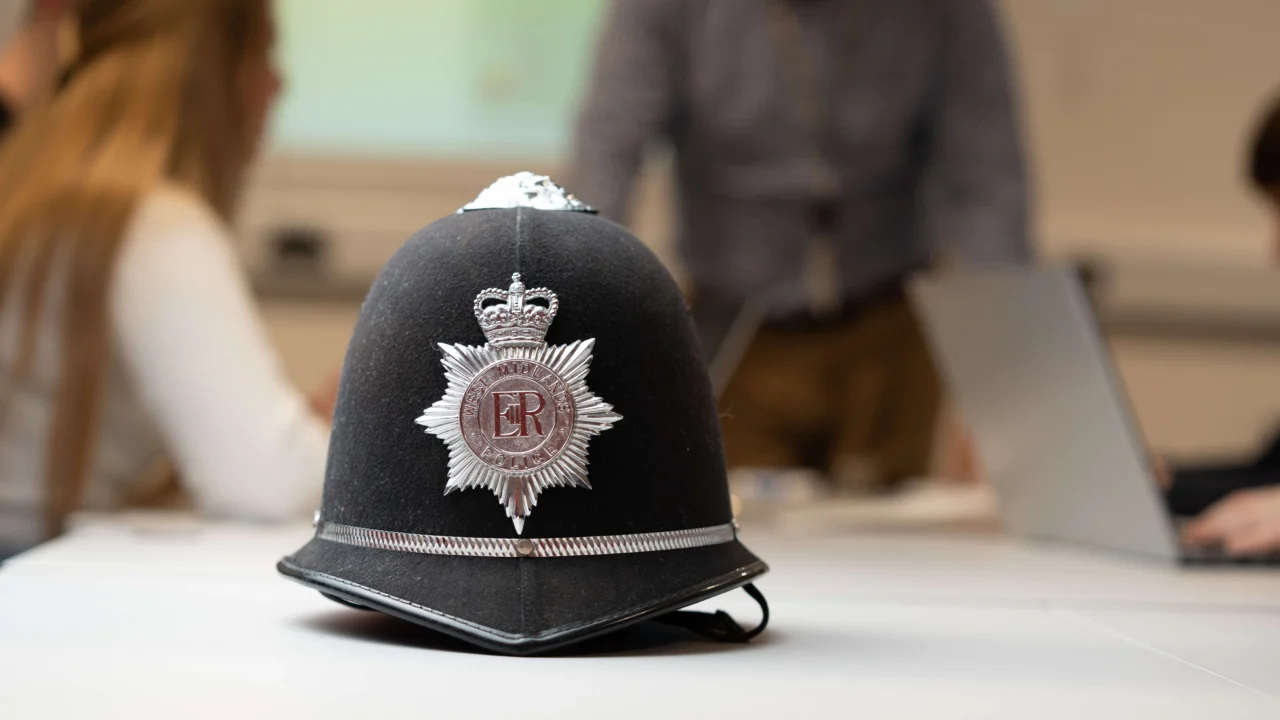
Interested in a different start date?
Discover how modern policing combines evidence-based theory with practical expertise to support safer communities.
The BA (Hons) Professional Policing at Birmingham Newman University places you at the frontline of community safety and law enforcement. Aligned with the national Policing Education Qualifications Framework (PEQF), this three-year honours degree blends academic insight with scenario-based training in purpose-built simulation suites. You’ll develop skills in investigation, decision-making and digital forensics, guided by academic tutors and serving officers. Working alongside a diverse cohort, you’ll apply classroom learning to realistic exercises, build resilience and grow the confidence needed to make a meaningful impact.
Why Study This Course?
Studying Professional Policing at Birmingham Newman University offers an inclusive and empowering route into understanding the principles, responsibilities and realities of modern policing. Whether you’re preparing to apply for the police service or exploring wider roles in youth justice, community safety or public protection, this degree equips you with the knowledge, confidence and practical skills to make a meaningful contribution. With a strong focus on ethical practice, evidence-based decision-making and public engagement, the course supports you to become a reflective, capable and socially aware practitioner.
Explore the Realities of Policing and Community Safety
Policing is shaped by law, leadership and the ability to respond ethically in complex situations. This course helps you explore how these elements influence public safety and professional practice. You’ll study criminal law, investigative techniques, digital forensics and community engagement, alongside specialist modules in vulnerability, mental health and complex investigations. Scenario-based workshops and simulation training help you develop core skills such as de-escalation, negotiation and decision-making. Many students find that the course not only builds confidence in applying theory but also prepares them to contribute meaningfully to policing and community wellbeing.
Supportive and Personalised Learning
At Birmingham Newman, you’ll join a close-knit academic community that values your commitment and ambition. The course blends lectures, workshops and digital resources to support your learning and offer flexibility. You’ll be taught by experienced academics and serving officers who provide small-group seminars, tailored feedback and one-to-one support. With regular progress reviews, wellbeing services and career guidance, you’ll be supported throughout your journey as you prepare for graduate employment, professional training or further study in policing and related fields.

Got a question you’d like to ask?
Entry requirements
We welcome students from all backgrounds and accept a wide range of qualifications. If yours aren’t listed, don’t worry – our Admissions Team can help you explore your options. See full entry requirements.
• A-Level: Grade profile of BBC or 112 UCAS Tariff Points.
• BTEC: Grade profile of DMM. This can be achieved from either an Extended National Diploma or a combination of smaller BTEC qualifications.
• T-levels: A T-level with an overall Merit grade.
If English is not your first language, you must have the following IELTS score:
· Foundation courses: A Secure English Language Test equivalent to IELTS 5.5 IELTS with a minimum of 5.5 in each component.
· Undergraduate courses: A Secure English Language Test equivalent to IELTS 6.0 with a minimum of 5.5 in each component.
Other English language qualifications are also accepted. Please contact admissions for further information.
Please contact Admissions if you have any questions.
Course fees
The tuition fee for academic year 2026/27 is: £9,790. Tuition fees for courses starting April to May 2026, fall within the 2025/26 academic cycle.
Fees for the 2025/26 academic year can be found on our Student Finance pages.
Additional costs
The University will review tuition fees and increase fees in line with any inflationary uplift as determined by the UK Government, if permitted by law or government policy, in subsequent years of your course. It is anticipated that such increases would be linked to RPI (the Retail Price Index excluding mortgage interest payments).
Check out our blog/news/events
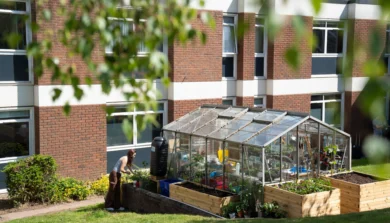
Birmingham Newman Celebrates Green Week 2026 with Campus‑Wide Events
Birmingham Newman will host its annual Green Week from 23 to 27 February 2026, bringing…

Research that makes a difference: Mark Holland wins Most Impactful Project Award
In December, we held our Staff Awards, where we recognised the outstanding achievements of colleagues…

Sports Coaching students Deliver Coaching Sessions for Local Primary Pupils
Birmingham Newman University recently welcomed pupils from St Peter’s Primary School to campus as part…

Vice-Chancellor Professor Jackie Dunne awarded MBE in New Year Honours
Vice-Chancellor of Birmingham Newman University receives an MBE for services to Higher Education.

Birmingham Newman University Celebrates Staff Achievements at Annual Awards
Birmingham Newman University celebrates its staff at the Annual Staff Awards Celebration.

Book an open day
Find out about our next open day. Book now to secure your place.
Our Careers team provides tailored advice, placements and workshops to help you build confidence and prepare for life after university.
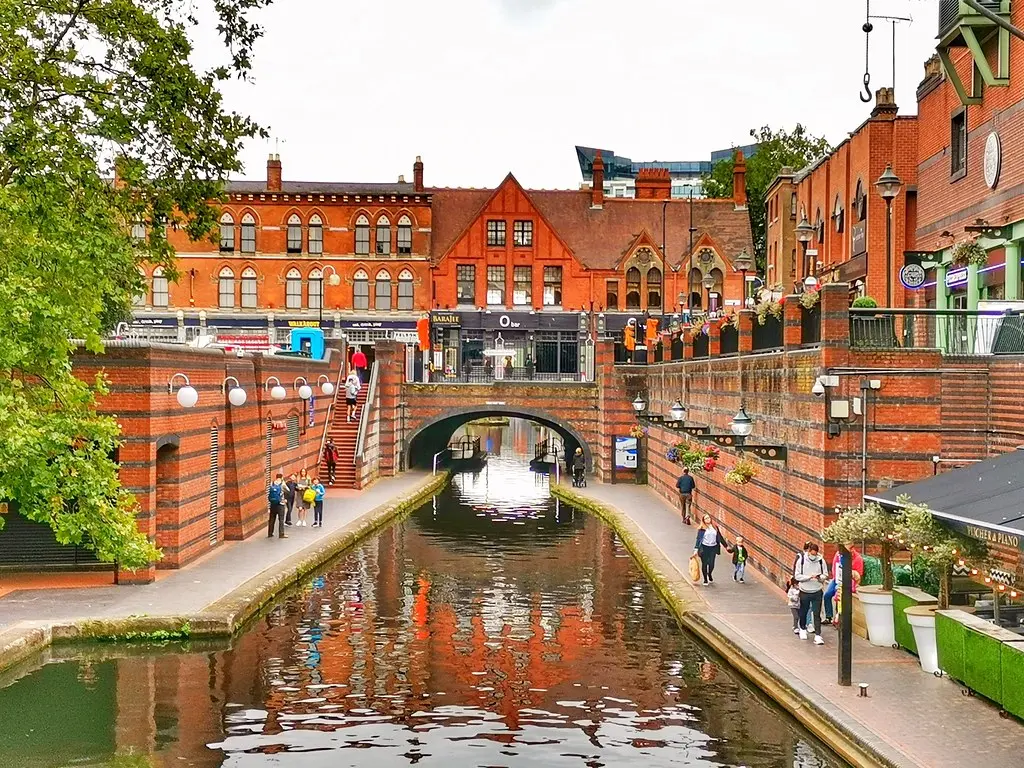
Where This Course Can Take You.
On graduation, you’ll be eligible to apply for police constable roles under the PEQF within five years, subject to individual force requirements. While completion does not guarantee appointment, this honours degree provides a recognised academic entry route into policing and supports progression into roles in youth justice, intelligence analysis, community safety or security management. It also lays the foundation for postgraduate study in criminology, forensic psychology or public policy. With dedicated support from our Employability Service, including mentoring, networking opportunities and tailored career guidance, you’ll be well prepared to launch a confident, purpose-driven career.
Accreditations and Exemptions
This programme is aligned with the national Policing Education Qualifications Framework (PEQF), which provides an academic entry route into the police service. Graduates who achieve a BA (Hons) in Professional Policing are eligible to apply for police constable roles within five years of graduation, subject to meeting individual force requirements. While successful completion does not guarantee appointment, the course equips you with the knowledge and skills required for recruitment and progression. It also supports pathways into related careers such as youth justice, community safety and public protection and lays the foundation for postgraduate study in criminology, forensic psychology or public policy.
Courses we think you'll also like
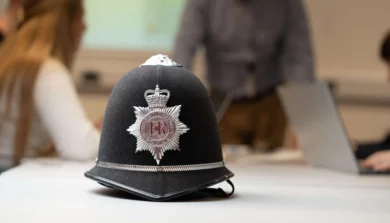
BA Single Honours Professional Policing with Foundation Year
- Start date:
- Various
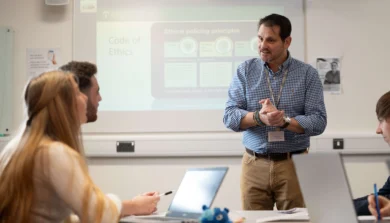
BA Single Honours Criminology with Policing
- Start date:
- Various

BA Single Honours Criminology with Policing (with Foundation Year)
- Start date:
- Various

BSc Single Honours Applied Health and Social Care (Top-Up)
- Start date:
- September 2026
